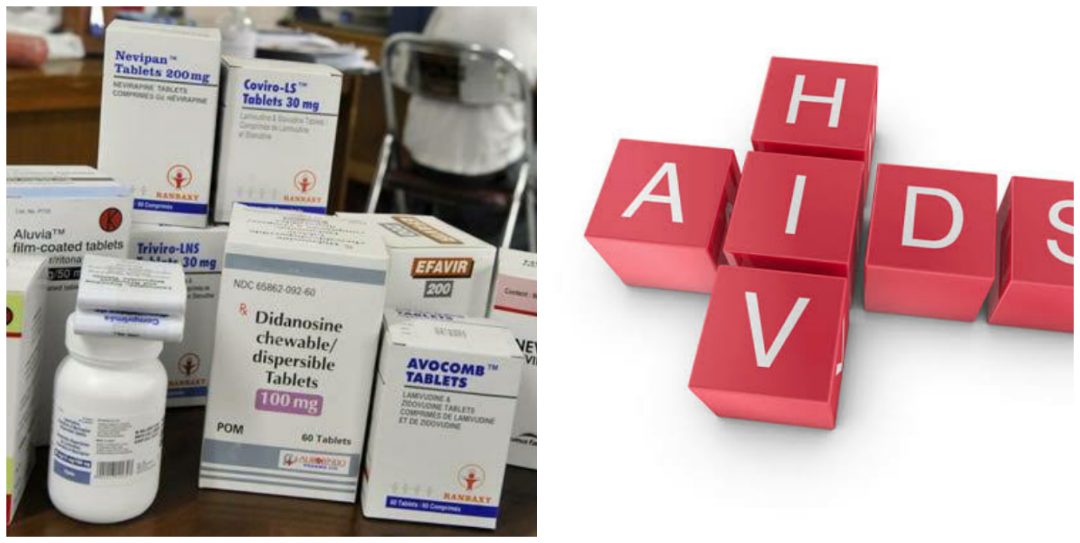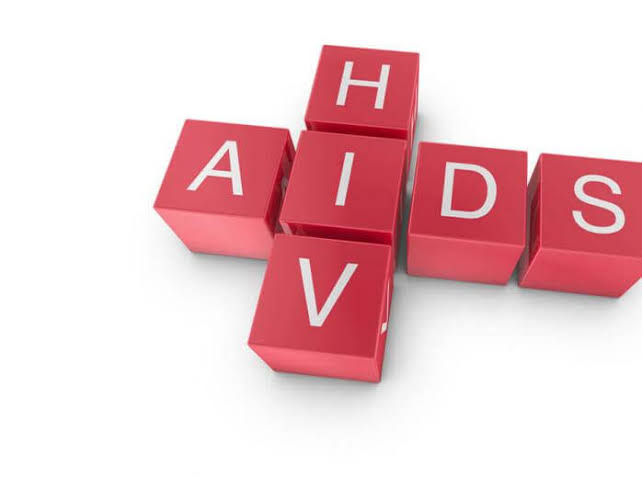Impact of HIV in Africa
What is the effect/impact of HIV in Africa?
The characteristics of HIV/AIDS and its mode of transmission are the principal determinants of its impact on the society. The impact extends beyond those living with the virus, as each infection produces consequences which affect the lives of the family, friends and the communities surrounding an infected person( society). Overall, the impact of epidemic encompasses effects on the lives of millions of people living with HIV/AIDS, and families and friends of those who have died from the disease. In Africa, poverty, abuse, violence, corruption, prejudice and ignorance have fueled the wealth of opportunities for HIV to thrive among tragic human conditions. Thus HIV has undermined economic, social, demographic (population) development and decreased average life expectancy by 20 years, reversing decades of gains. It is important to point out that HIV/AIDS can deplete families and communities of the assets and social structures necessary for successful prevention and provision of care and treatment for persons living with the disease. Those must affected HIV in Africa are children.
READ ALSO: PREVALENCE OF HIV IN NIGERIA
The effect/impact of HIV in Africa can be divided in four broad areas, namely
1) Demographic impact
2) Economic impact
3) Social impact
4) Developmental impact
1.Demographic impact of HIV in Africa
HIV/AIDS will increase the morbidity (more people will die) and many of these people will be in their reproductive years. This could reduce fertility rates. However, it is not expected that the epidemic will stop population growth, or cause decline in Africa populations. What it will do in some regions, is to slow the rate of population growth and alter the structure of population. Since HIV/AIDS is highest in people between the ages of 20 and 40 years (the workforce), the number of people in this age group is expected to decline, resulting in increased dependency ratios. This is particularly important as these are the most productive members of the any society. Collectively this cohort embodies a substantial human capital investment, much of which will be lost. The number of children who will become orphans will increase and they will have special needs, especially as the numbers increase and extended families are no longer able to cope.

2. Economic impact of HIV in Africa
HIV is only one of a number of pressing problems faced by policy makers in developing countries especially Nigeria. At the household level, the cost of medical care and related areas will increase. In addition, if the infected person is an adult, then production and income of the household will diminish. National economies may also be affected through the illness and death of producers and the diversion of resources from savings (and eventually, investment) to health care. Applying HIV epidemic and the economic trends, it has been estimated that the economic impact of HIV in Africa will probably reduce the rate of economic growth to a significant point over a period if 20 years. This means that the implications of the macro-economic impact are far from clear and not really usable- other than to note the need to prevent the epidemic and plan for its effects.
');
}());
3. Social impact of HIV in Africa
The social impact of HIV in Africa is often a product of the illnesses and death of individuals, and the consequent effect on the family, community and broader society. Obviously critical to this impact will be who falls ill and dies in terms of their role in the family and community. The death of an adult male, who is the income earner, will affect the family’s access to resources. The death of an adult female may result in children receiving less care and females being taken out of school.
4. Developmental impact of HIV in Africa
In Nigeria, Africa and the world, development is seen as more than economic growth and increases in Gross Domestic Product (GDP) per capita. The impact of the HIV epidemic is expected to be felt, first and worst in aspects such as longevity, standard of living, infant, child and mortality and distribution of income. The indicators of life expectancy, infant mortality rates, child mortality rates and crude death rates are particularly vulnerable. AIDS reverses hard won development gains in Africa and makes its people and nations worse off. In addition, it makes further developmental attempts much more difficult as the HIV/AIDS hurdle has to be surmounted in to the other pressing developmental problems. These effects may possibly last for decades.
This article also cover similar topics like effects/impact of HIV in Nigeria.
Resources:
HIV/AIDS information for the community by Erah and Kubeyinje























